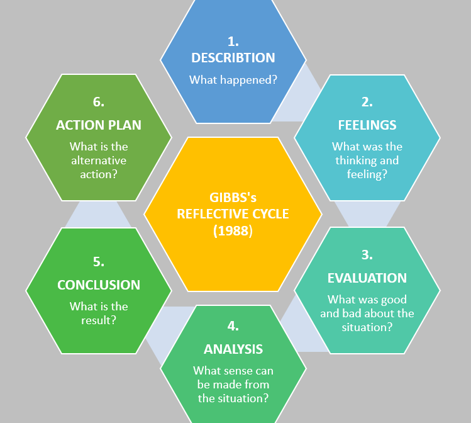What is important when negotiating internationally?
Was ist wichtig bei internationalen Verhandlungen?
Common challenging situation:
1. Firstly, how to avoid:
“One man's meat is another man's poison” (proverb)
These are things liked or enjoyed by one person may be distasteful to another.
2. Secondly, how to move to:
”One man‘s trash is another man’s treasure” (proverb)
Something, one person considers less valuable may be more valuable by someone else.
3. Finally, how to move to the transaction model:

Transaction model vs transmission model
The linear transmission model coined by David Berlo in 1960 has its limitation as it focuses on the message not being changed. This model is relevant for computers and machines but not for humans. Humans on the other hand interact in the transaction model. The process starts with sound being received by the Wernick’s area of the brain and the speech is then produced by the Broca’s area of the brain. The evidence for manipulating the original message can be tested in the a game called Chinese whispers in which a message is distorted by being passed around in a whisper. Computers do not change the code in the transmission unless being told, whereas humans change the message based on their personal perception which derives from culture, believes and education. Therefore, humans have the risk of miscommunication.
Combining both transaction model and the second proverb may reduce the risk in international negotiations and the chance for a successful outcome.







